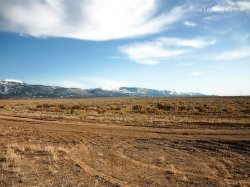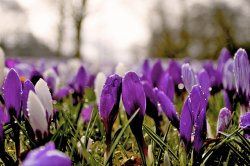Great capture. I love how he looks like he's almost floating up the steps... only the edge of his heel is touching the ground.
Like you, I find I keep at most 1 in 10 images I shoot primarily due to sloppy exposure, composure, or blur (focus, motion, or shake) and to a lesser extent a subject that just didn't look good in afterthought.
It's amazing how the transition from shooting on a precious resource (film) to what is effectively a free resource (digital storage) has changed the way people shoot. As you say, it means you don't need to spend time evaluating the scene to ensure you get the right exposure as there's simply no cost to bracketing it all over the place.
It's equally amazing where RAW editing and Photoshop are taking us too... they demand even less investment in the moment of capture as you can shoot a scene with nearly any settings (within reason) and produce a perfectly good image later.
Over time, the care and attention one needs to invest at the moment of capture is diminishing.
^^^ On that note... I worry that eventually there will be no "special" photographs--only creations from software...no artists/photojournalists required. If the decisive moment doesn't get captured... have the software interpret the before and after images... do a little calculating--bam! Perfect moment delivered...well, sorta.
I hope this doesn't happen, but...








